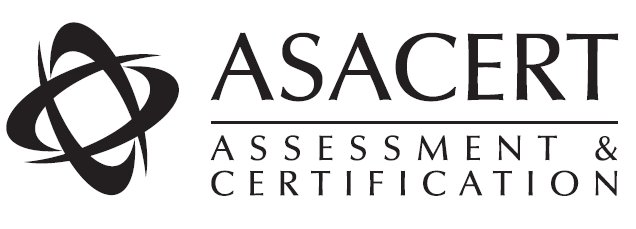Accredited certifications and competitiveness: it’s a fact
The world is irrevocably interdependent and this planetary crisis has highlighted this feature. Only an approach that considers this macro-evidence can allow organisations to face the terrible phase the world is facing and perhaps overcome it. A new kind of international coordination and cooperation is needed, consolidating new values, rediscovering the oldest ones.
In the difficulty that the virus has spread, companies are wondering how to get out from the crisis that overwhelmed them, how to improve competitiveness and what the levers can be to take hold on the market. The best way seems to be restoring freedom of choice and action to individuals and organisations, within shared rules that guarantee fundamental values.
Sharing principles such as Quality, Environmental Management, Business Continuity, Quality of logistics and Supply Chain and not least those on Health and Safety, which represent an essential tool to be equipped to deal with the historical crisis of our times. The market trend is to acquire values associated with products and services.
Companies have now developed an awareness of the importance of investing in ethical and socially responsible activities, changing their approach to business. Being socially responsible and responding with compliance with international certification standards does not only mean meeting legal obligations, but also investing in human resources, in environment and in relations with interested parties.
The effective ability of the standards to instil confidence into markets is guaranteed by the conformity assessments issued by bodies whose impartiality, independence and technical expertise must be indisputable and this can only be guaranteed and certified through accreditation.
In the internationalisation processes, small and medium-sized organisations are among those that benefit most of an accredited certification of their management systems. This is what emerges from the study recently published by the Italian Accreditation Body ACCREDIA, in collaboration with Italian National Institute of Statistics ISTAT.
Accreditation is confirmed to be a quality passport for organisations of all sizes and in all sectors. A certified company has an unquestionable competitive advantage over investors, consumers and credit agencies all over the world. Undoubtedly something to think about after Brexit.
“The scenario is ready to consider this way as the only one for organisations and professionals who, like ASACERT, want to move forward and look to excellence as a standard, not as a goal.” Fabrizio Capaccioli – Managing Director of ASACERT.
According to this vision, the businesses that intend to increase their credibility, competitiveness and turnover, have finally understood that investing in certification, inspection systems and in environmental and structural assessments is necessary. This approach aims at developing a corporate management culture that must be able to express real reference values, concrete projects and achievable goals. These will be much more feasible, if shared with their collaborators, to represent a source of pride and object of admiration and respect for stakeholders and all those who interact with the organisation.
Having a global, organic vision of the company – that cannot be asynchronous with the social fabric in which it fits – has become increasingly necessary. This is an ongoing search for the satisfaction of needs and expectations inside and outside the company, aimed at minimising the “Goleman’s Gap”: the gap between expectations and the reality that is going on. The deeper is this space, the more dissatisfaction and frustration we feel in approaching a reality that is different from what was hoped. This inevitably affects behaviour inside and outside the organisation.
Accreditation is part of an integrated system, supported by the awareness that quality and safety policies are an element driving the competitiveness and sustainability of the social and economic system in the country. A solid Quality infrastructure is a primary target of every national strategic plan, to protect the general interests and promote the competitiveness of companies and professionals, with significant effects in terms of differential advantage, also in the export process of goods and services.
For over twenty years, ASACERT has been supporting organisations by providing Inspection, Certification and Evaluation services to support companies, of any sector and size, carrying out activities that require very high levels of expertise, technique, vertical skills and advanced instruments.
ASACERT professionals constantly trained, undergoing periodic verification to be up to date with new methodologies and auditing techniques, changes in industry regulations and introduction of new certification schemes in order to ensure robust, advanced technical assessments. Our experience gained in different areas allows us to offer on one hand timely, specialised responses, and on the other to develop comprehensive services.







